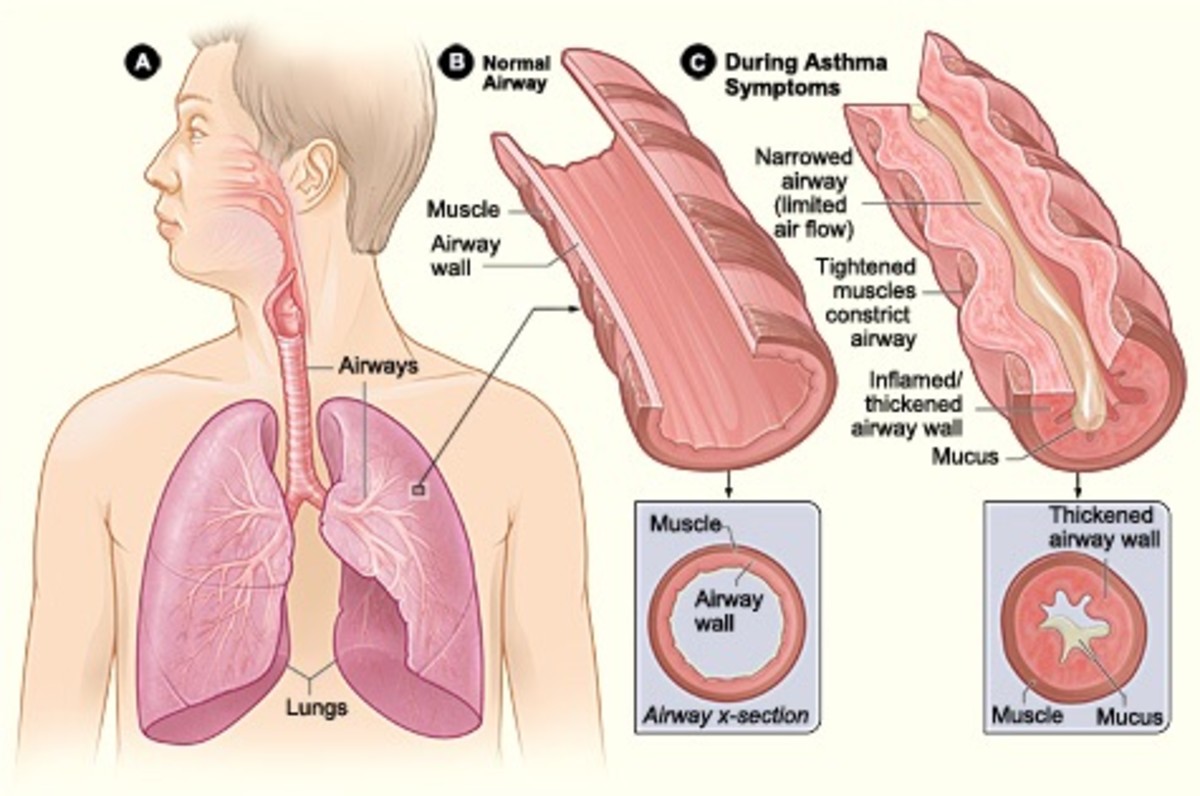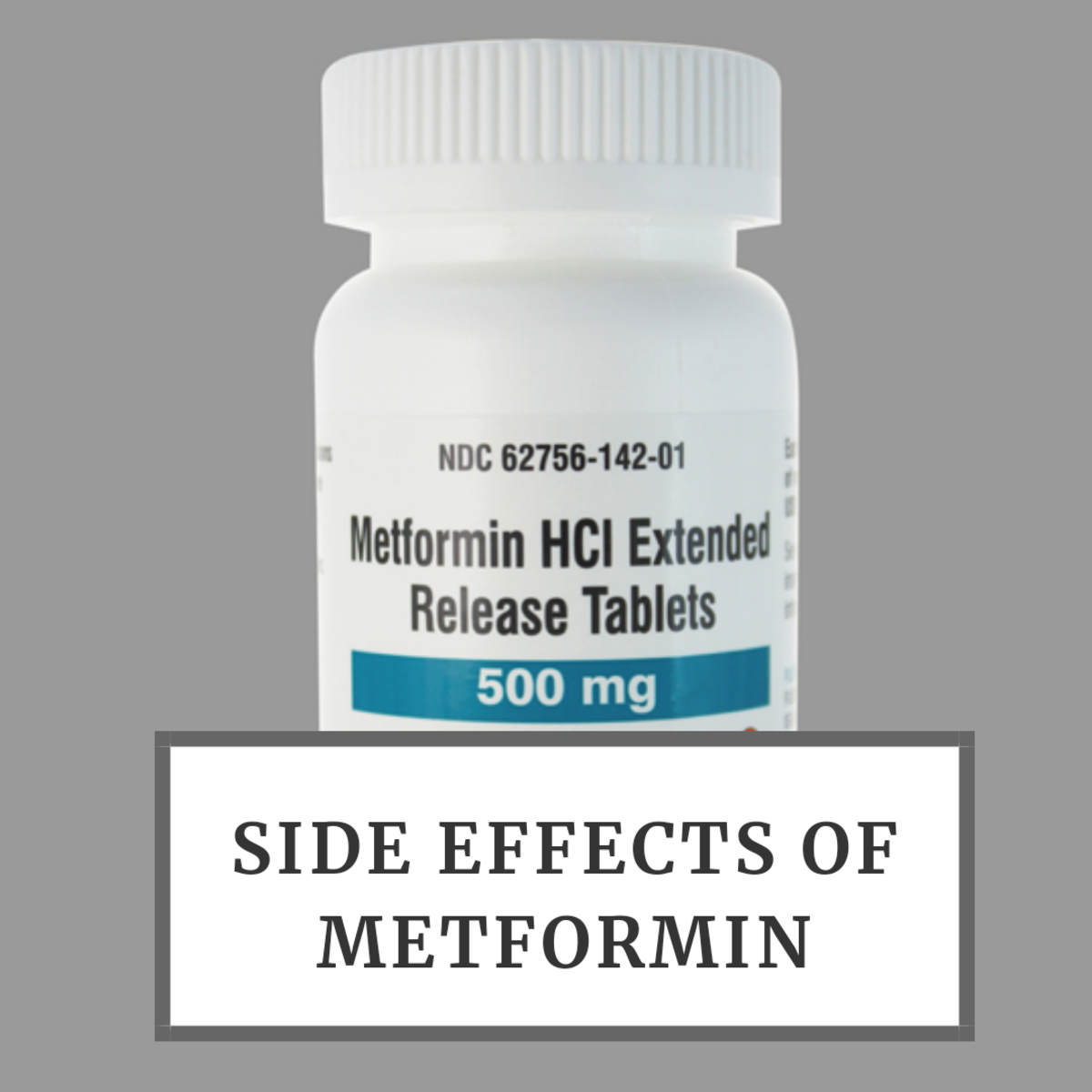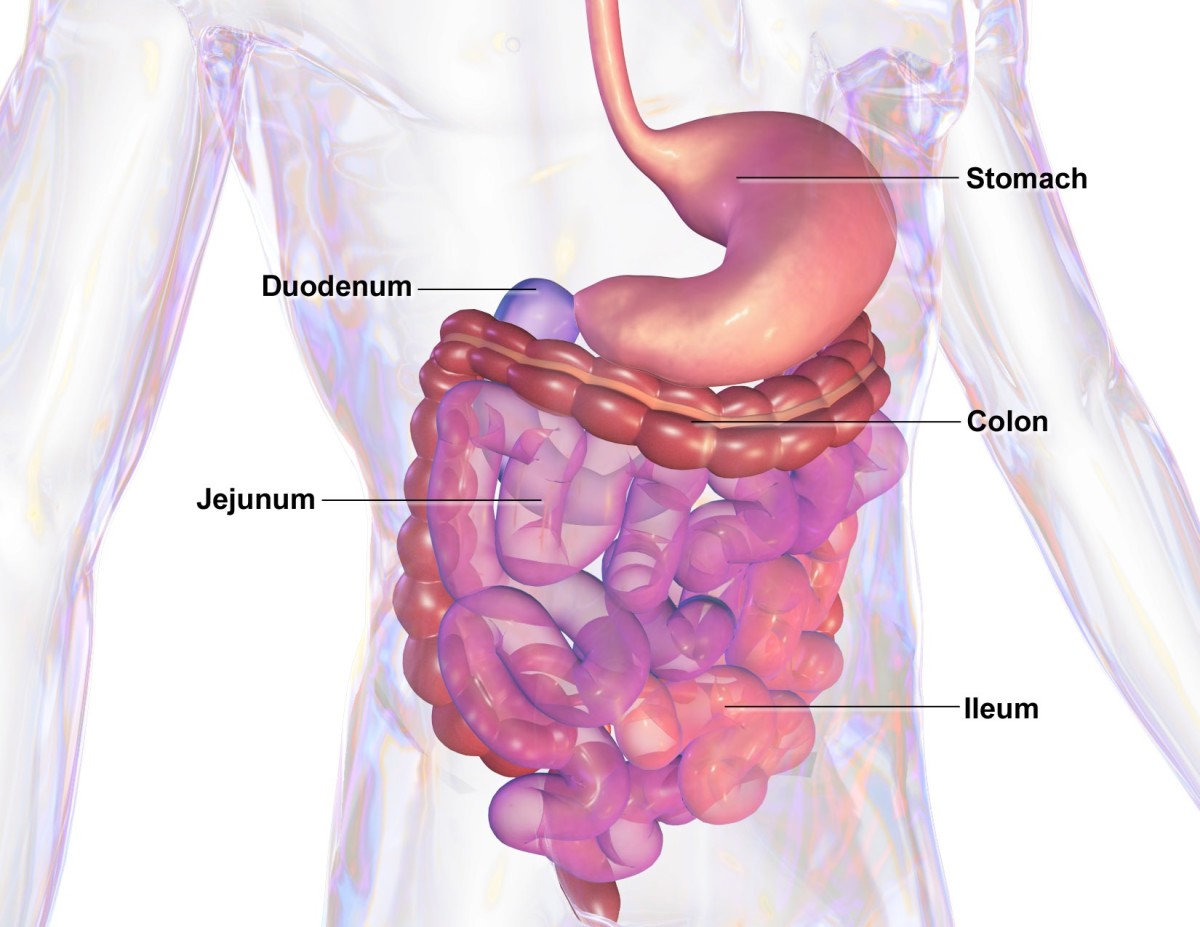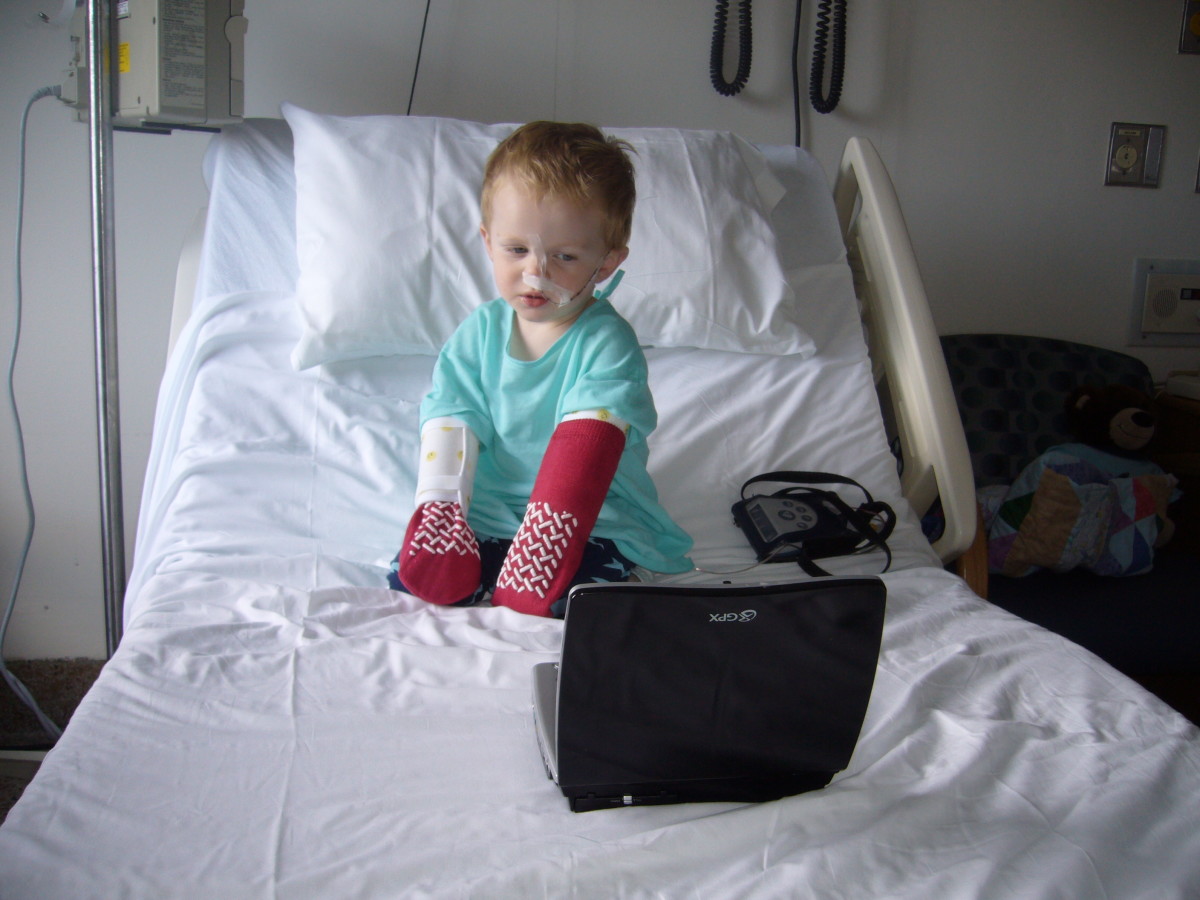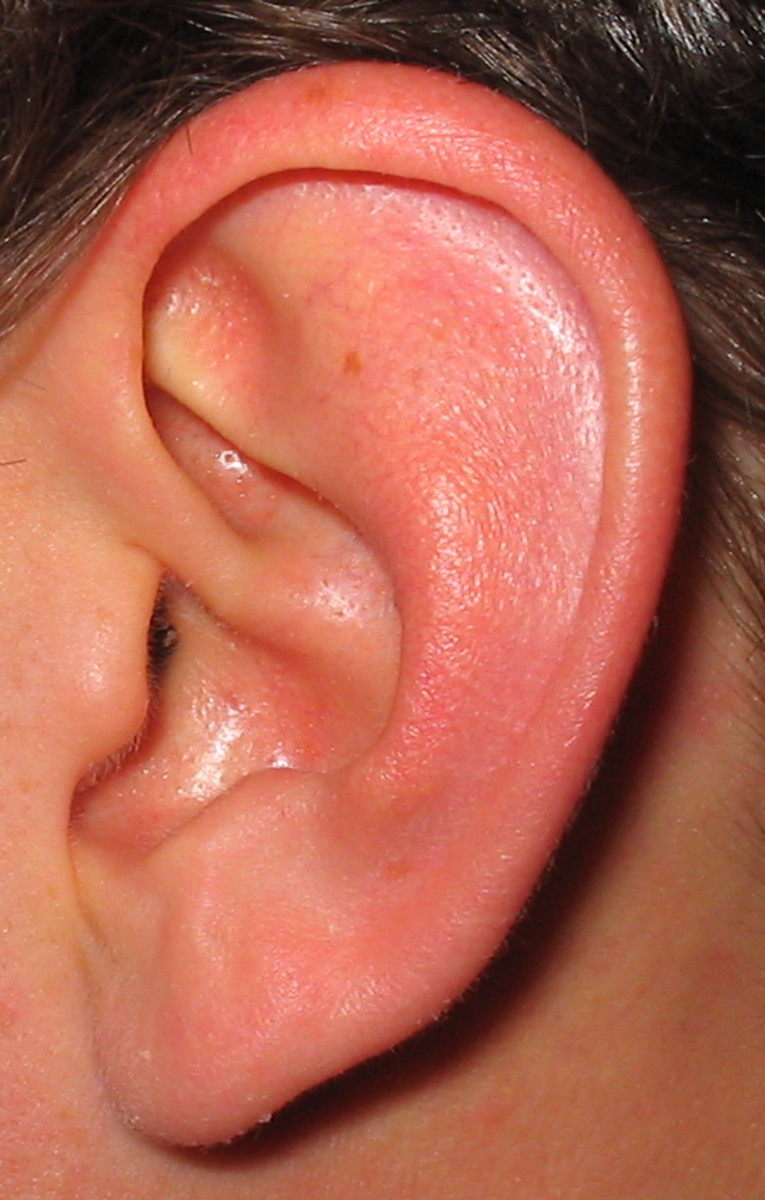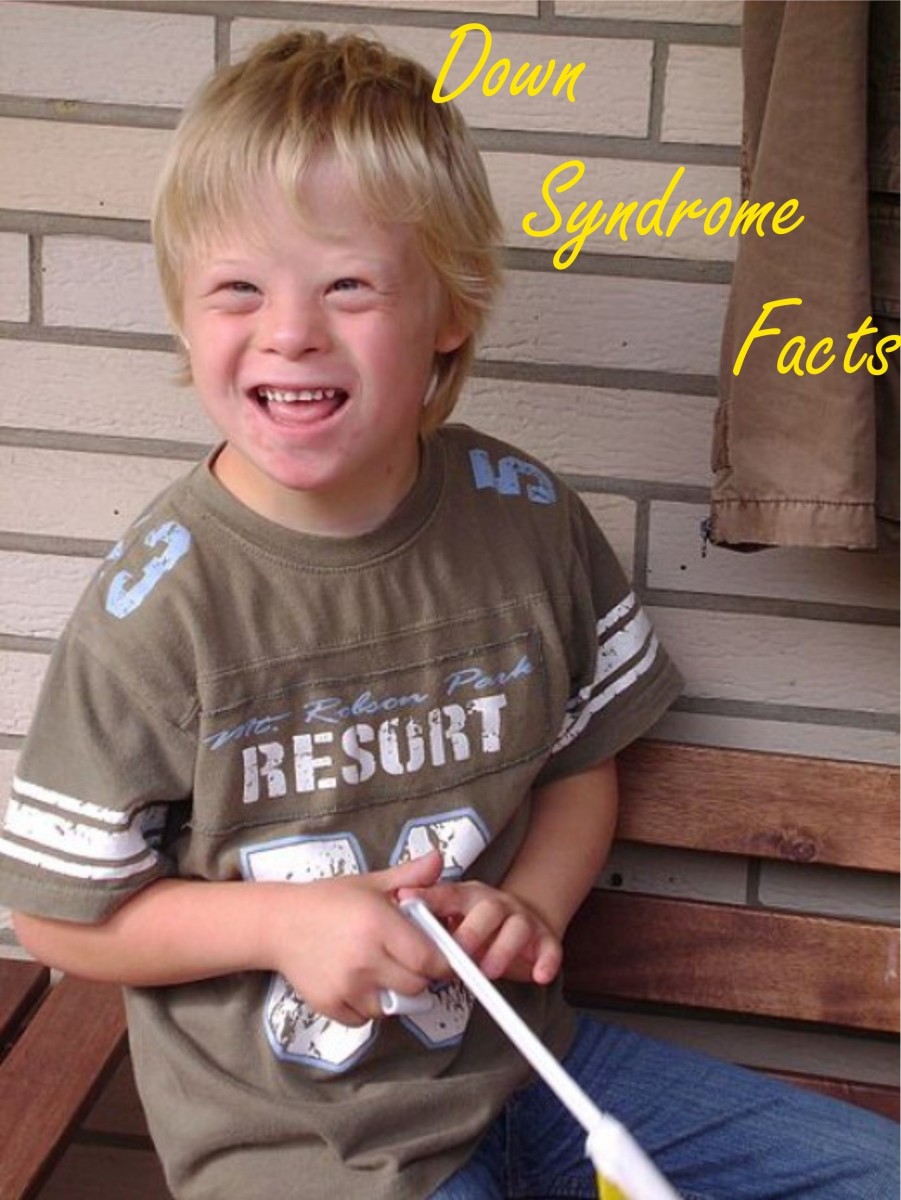Bedwetting Medication - Keeping Kids Dry At Night
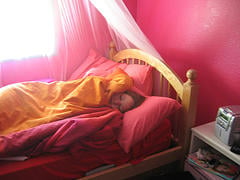
A Problem More Common Than Expected
Many children wet the bed past age six. This is not new. What is new is the growing awareness that, for some children, this is a normal part of their physical development and has nothing to do with their mental will power. Most children want to be dry at night and feel horrible if they are not successful in doing so. Shaming a child for something that is outside their control only hurts your relationship with that child and does not improve the situation. For bed wetting children over age six, most doctors will prescribe a medication that stops the child from wetting the bed most of the time - but not all the time. There are factors that allow a child taking this type of medication to be successful or not. There are also different kinds of medication prescribed for maintaining a dry bed during the night. Changing prescriptions can make a difference. Since bed wetting medication can be helpful but not foolproof, it can only be a possible aid and cannot be called a cure to bed wetting (also medically known as nocturnal enuresis).
A Doctor Discusses Bedwetting Causes
Common Causes of Bedwetting
There are many reasons a child or teen bedwets that has nothing to do with willpower. Here are a list of possible reasons for bedwetting:
- immaturity of the nervous system (a pediatrician can refer a parent to a pediatric neurologist to determine this)
- urinary track infection
- pinworm (characterized by genetical itching)
- pediatric diabetes (determined by medical testing)
- emotional trauma or stress (divorce, death, abuse, new sibling, etc.)
- sleep apnea (snoring or stoppage of breathing during sleep)
- hormonal imbalance
- constipation
Factors That Can Lead To Bedwetting
- ADD: children with ADD are more likely to be bedwetters
- Gender: more males are bedwetters
- Family History: if a relative on either parent's side of the family was a bedwetter, this increases the odds a child being a bedwetter
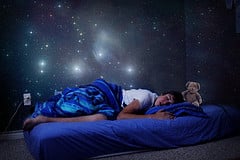
The Common Bedwetting Medications
There are different types of medication taken in the form of a pill. For children who have small bladders, very often oxybutynin (Ditropan) or hyoscyamine (Levsin) is prescribed to increase the bladder's capacity. To only slow urine production, often Desmopressin is prescribed. This medication boosts the hormone ADH, which is a natural hormone in the body. ADH forces the body to make less urine at night. There is another medication used for treating bedwetting that is an anti-depressant called Tofranil. This medication is a tablet that is usually a last resort prescription. Because of the nature of Tofranil, there is a percentage of people who take this that become suicidal. Looking for specific warning signs should be discussed with a medical professional prior to taking the medication. Tofranil is a more serious drug and is generally only prescribed to treat bedwetting when other methods have failed and the child is older.
Possible Side Effects of Medication
Medication can have side effects. Be sure to discuss with your medical professional the possible side effects of the drug he or she prescribes for your child. Though many people have no side effects at all, here are some possible side effects that may or may not apply for your situation if your child uses a certain medication"
- Desmopressin- allergic respiratory or skin reaction, fainting, confusion, appetite loss, mood change, muscle weakness, spasm, seizures, personality change, atypical headache, atypical exhaustion, sluggishness, weight gain, nausea/vomiting.
- Ditropan - allergic respiratory or skin reaction, indigestion/diarrhea, drowsiness, eyes-ears-nose-mouth-skin are drier than usual, headache, feeling dizzy, taste buds change, can't sleep well, vision affected, painful urination, irregular heartbeat, mood change, seizures, ankles/feet swell.
- Levsin - allergic respiratory or skin reaction, constipation or bloating, less sweating, feeling dizzy/sleepy, mouth is dry, pupils are enlarged, feeling nervous or excitable, not sleeping well, weakness, nausea/vomiting, headaches, confusion, mood change, chest tightness, hallucinating, memory loss, can't sleep well, speech changes, taste buds change, urinating problematic, extra sleepy, weak.
- Trofanil - feeling dizzy/sleepy, confusion, constipation, urination problems, mouth is dry, gaining/losing weight, impotence, sweating more than normal, libido changes, blood sugar level changes, sun sensitivity.
Because this is a general list and not a detailed comprehensive list, it doesn't highlight the specific symptoms which may be more serious than others and may warrant immediate attention. Therefore, always consult your medical adviser** for details on danger signs to look for when new medication is prescribed. (** I am not a medical adviser.)
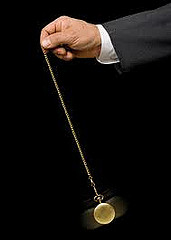
How Can Hypnotherapy Cure Bedwetting?
Hypnotherapy is said to be an effect method to combat bedwetting. If you are unfamiliar with how hypnosis works, watch the video below. You will find hypnotherapists in your local directory listings.
Be Sympathetic And Avoid Shaming
Because the cause of nighttime wetting is not intentional, there should be no shaming of the child. Be sympathetic and positively focused on solutions. Speak to your medical professional. Ask for a referral to a pediatric urologist or pediatric neurologist. Consider your options and realize you are not alone.


